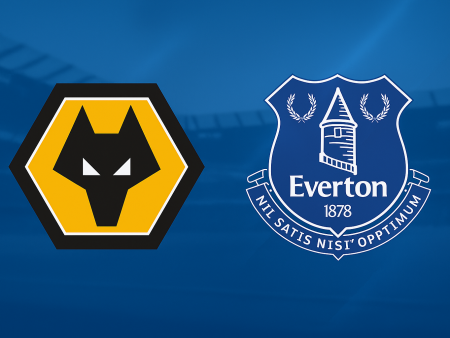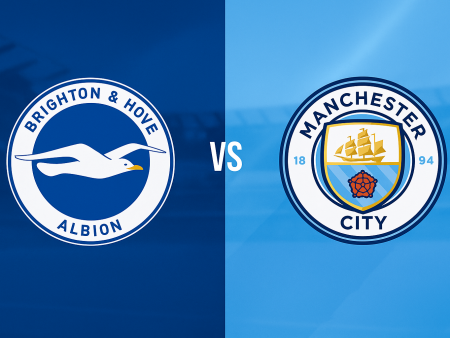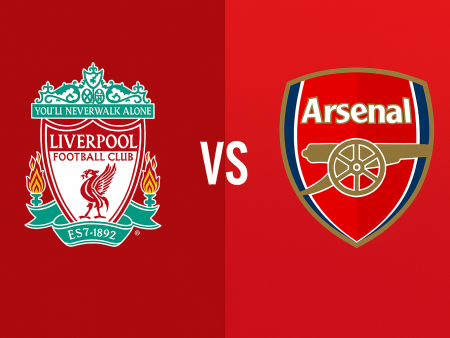Effective Strategies for Coaching High-Performance Athletes
Coaching athletes at the top of their game demands more than just technical knowledge-it requires a blend of psychological insight, tactical acumen, and a tailored approach to individual and team needs. High-performance coaching goes beyond physical skill development, encompassing mental resilience, personalized training programs, and a robust support system to help athletes consistently perform at their best.
Understanding the Unique Needs of Elite Athletes
High-performance athletes operate in environments defined by intense competition, constant pressure, and the relentless pursuit of marginal gains. Coaches working with these individuals must recognize:
- The advanced level of technical and tactical understanding athletes possess
- The importance of mental health, motivation, and balancing personal expectations
- The need for individualized attention given the unique strengths and areas for growth each athlete brings
This understanding shapes every aspect of the coaching process-from communication style to feedback delivery and the design of training sessions.
Building Trust and Communication
Establishing a foundation of trust is critical for success in high-level coaching relationships. Open, honest communication creates a safe space where athletes can discuss concerns, ask questions, and engage in self-reflection without fear of judgment. Strategies to foster communication and trust with elite performers include:
- Regular one-on-one check-ins to track progress and address challenges
- Active listening and validating athletes’ perspectives
- Transparent goal-setting to align expectations and responsibilities
In these collaborative environments, athletes are more likely to buy into the program and remain motivated through adversity.
Designing Individualized Training Plans
Since every athlete has unique physiological, psychological, and skill-based needs, generic training programs fall short at the elite level. Successful high-performance coaching involves:
- Comprehensive assessments to identify athlete strengths, weaknesses, and injury history
- Personalization of workouts, recovery routines, and nutrition plans
- Ongoing monitoring and real-time adjustments based on performance data
Utilizing tools such as GPS tracking, heart rate monitoring, and feedback apps can help coaches create data-informed and flexible training regimens.
Fostering Mental Resilience and Growth
Developing the mental side of performance is as vital as physical training. High-performance coaches focus on:
- Teaching coping skills for stress, pressure, and setbacks
- Encouraging growth mindsets by viewing mistakes as opportunities for improvement
- Integrating visualization, mindfulness, and goal-setting techniques within daily routines
Mental conditioning prepares athletes to sustain high achievement even when facing obstacles or uncertainties.
Leveraging Technology and Analytics
Advancements in sports science have revolutionized the art of coaching. By leveraging data analytics and modern technology, coaches can:
- Analyze performance trends and adapt strategies accordingly
- Detect fatigue or potential overtraining early to prevent injuries
- Enhance communication and feedback loops with athletes through digital platforms
Embracing these innovations ensures athletes receive cutting-edge support in their development journeys.
Balancing Performance and Well-Being
The best coaches remember that sustained high performance is impossible without addressing the holistic well-being of the athlete. This means:
- Monitoring for signs of burnout or chronic fatigue
- Encouraging healthy life balance, including time for recovery and personal interests
- Providing or recommending access to sports psychologists, nutritionists, and medical professionals as needed
Coaches who take a well-rounded approach help athletes maintain both their performance and their passion for sport.
Conclusion: Setting the Stage for Continued Success
Coaching high-performance athletes is both a science and an art, demanding technical expertise, emotional intelligence, and adaptability. By prioritizing individualized development, fostering clear communication, and leveraging modern tools, coaches can empower their athletes not just to win, but to thrive in challenging environments.
For those aiming to elevate their coaching craft, a commitment to ongoing education and a deep respect for the athlete as a whole person are essential keys to sustained excellence.













